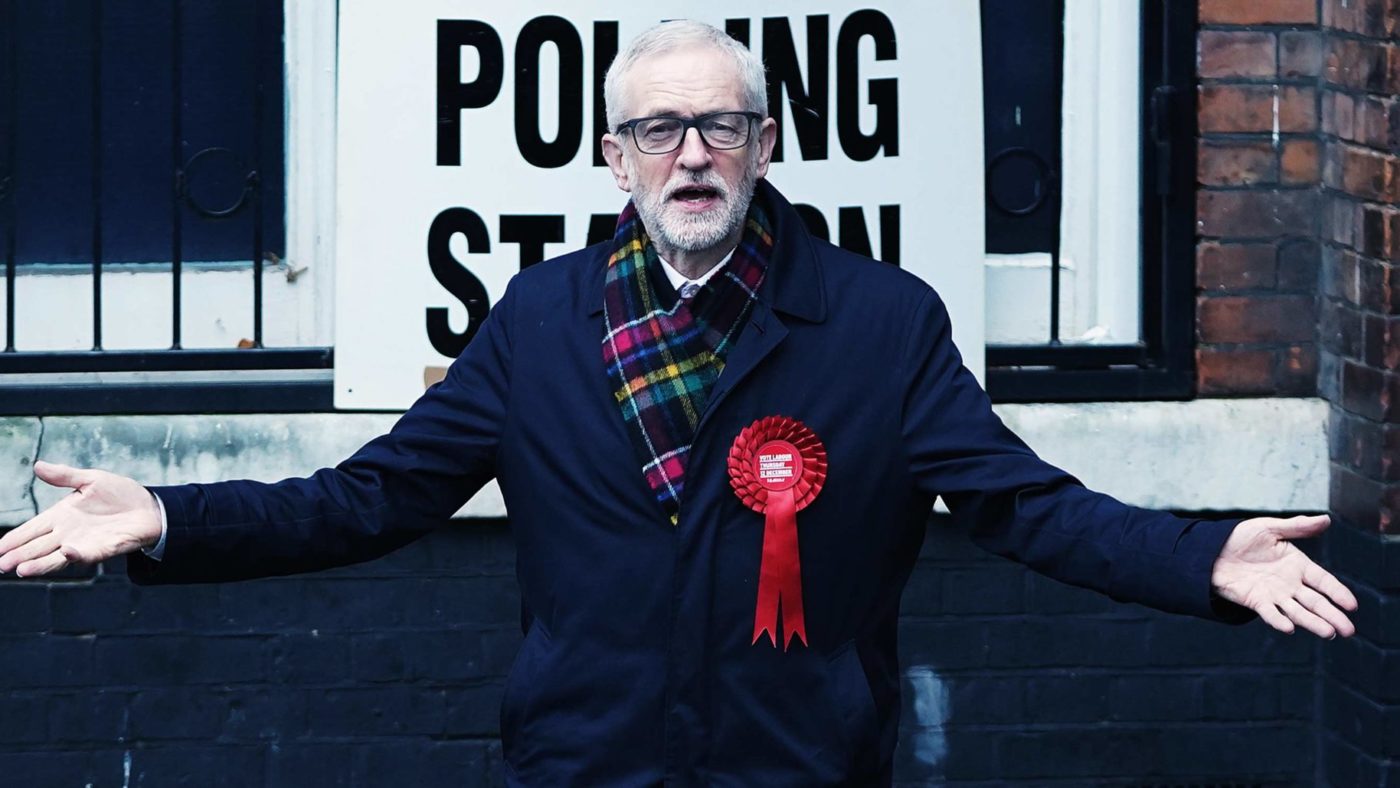Is there anything worse than watching someone being smug about something they’ve actually got very, very wrong?
In his parting interview as Labour Leader with the BBC, Jeremy Corbyn took the opportunity to claim the current coronavirus crisis had entirely vindicated him over public spending. ‘I was denounced,’ he scoffed, ‘as somebody that wanted to spend more money than we could possibly afford… I didn’t think it would take only three months for me to be proved absolutely right.’ Such myopic pride is a little concerning in someone whose main achievement from four and a half years as Leader of the Opposition has been the first Conservative landslide in generations.
The reality is rather different: the Government is in a position to launch one of the biggest fiscal support packages of any rich nation precisely because of the care taken over the public finances in the last decade. For all the talk of ‘austerity’ and swingeing cuts, the debt we have piled up since the financial crisis is still unprecedented in peacetime. Far from being underprepared for the current malaise because of unwillingness to splash the cash, we would have been in a frightful fiscal position at this point if the Government had not worked hard to bring borrowing under control.
Corbyn claimed that the Conservatives ‘now suddenly realised that they have to spend money to invest in the state’. This is like saying that people ‘suddenly realised’ in 1940 that rationing was a great idea. There is a world of difference here between the debate over normal fiscal policy and the response to the pandemic, and far from ‘suddenly realising’ anything the Government has made very clear that all the measures it has announced are intended to be temporary (much as there may be political difficulty in unwinding some of them).
There is a popular narrative that deficit reduction was focused too much on spending cuts instead of tax rises, yet government spending as a proportion of the economy is now at 39%, its average level since 1948, while the tax take is comfortably higher than its average over that same post-war period. Of course, the NHS is not going to cope with the pandemic easily, but that is not because it has been underfunded – every health service in the world will struggle with a situation like this. Could the NHS have been better prepared? Absolutely – there could have been more adequate strategic planning specifically for a pandemic situation, but that is not what the Labour Party has been calling for since 2010.
It is the fiscal conservatives of this world who have been vindicated by the current crisis, not Jeremy Corbyn. If a country fails to rein in borrowing and get debt falling when the economy is growing, it leaves itself vulnerable to sudden shocks. Corbyn seems to think that adding a lot to the debt pile during years of growth, and then heaping more onto the mountain when a recession or unexpected crisis hits, is a sustainable fiscal policy.
Even with the relatively sound fiscal position with which we entered this situation, we are going to be dealing with the consequences for years to come. Public debt as a proportion of our economy was still rising until the 2017-18 financial year and has stabilised at around 80% of GDP. The Institute for Fiscal Studies expect the deficit this year to shoot up to perhaps £200 billion, and Morgan Stanley are forecasting the UK economy to contract by 5%, meaning debt will go hurtling towards 90 or even 100% of GDP. Without fiscal restraint over the last decade, we would be going into this crisis with a debt burden already at those levels.
In other words, when we finally emerge from this pandemic, the public finances are going to have a colossal hangover. We should count our blessings that the hangover from the last crisis was dealt with sensibly – contrary to Corbyn’s crowing, hair of the dog never works.
Click here to subscribe to our daily briefing – the best pieces from CapX and across the web.
CapX depends on the generosity of its readers. If you value what we do, please consider making a donation.


